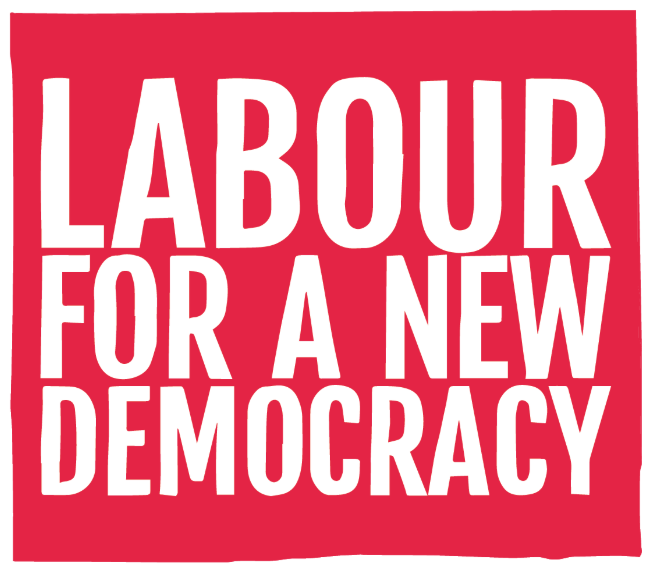What a National Commission on Electoral Reform looks like
This morning, the APPG for Fair Elections revealed a 'ready to go plan' for a National Commission on Electoral Reform.
The Terms of Reference document published by the group has been developed in consultation with constitutional experts and academics.
It proposes an approach which combines tried and tested elements of a commission with innovative ways of bringing the public into the discussion - and would present Parliament with carefully evidenced recommendations within twelve months of launch.
Visit the APPG's website to download the document, including an introduction by the group's officers.
📜 We're pleased to publish a Terms of Reference for a National Commission on Electoral Reform ⚖️ This is a ready to go plan to independently review how Parliament is elected, promote a national conversation, and build consensus on a way forward 🧵 1/3
— APPG for Fair Elections (@appgfairelections.bsky.social) 1 September 2025 at 08:24
[image or embed]
With politics more fragmented than ever, First Past the Post will continue to produce increasingly unfair and unrepresentative results, will continue eroding public trust in politics, and even threatens to undermine the resilience and stability of our democratic system.
A National Commission on Electoral Reform is a proposal for how the Government could engage with this issue now: independently reviewing how Parliament is elected, promoting a national conversation, and building consensus on a way forward.
🚨 NEW: Cross-party MPs publish ‘ready to go’ blueprint for electoral reform commission — FPTP “threatens to undermine the resilience and stability of our democratic system”, @appgfairelections.bsky.social MPs say — The group is calling on ministers to greenlight its plan Exclusive story 👇
— Josh Self (@josh.politics.co.uk) 1 September 2025 at 08:05
[image or embed]
Also today, Polly Toynbee wrote a powerful article for the Guardian: Keir Starmer’s legacy could be electoral reform – or Farage as prime minister. In it she cites brand new research by Compass showing how First Past the Post helps the far right. “A system designed to keep the lid on the pressure cooker of populism has become its dangerous enabler.”
Polly points to the APPG’s proposal for a National Commission on Electoral Reform as the way forward:
“It’s no longer in Labour’s self-interest to refuse a reform backed by nearly two-thirds of voters. The parliamentary group on fair elections, by far the largest all-party group in parliament, on Monday published its report calling for a national commission on electoral reform. “The government needs to get to grips with this,” says the group’s chair, Labour MP Alex Sobel. Keir Starmer could set up a commission right away and implement change before the next election. He’s been accused of lacking purpose, but here is a strong (cost-free) cause that would protect democracy.”
🔥 The UK's voting system is bust, writes Polly Toynbee: “The government needs to get to grips with this,” says @appgfairelections.bsky.social chair @alexsobel.co.uk. Keir Starmer could set up a commission right away and implement change before the next election.
— Labour4PR 🌹🗳️ (@labour4pr.bsky.social) 1 September 2025 at 16:20
[image or embed]
Compass's new report - The Temper Trap: How Proportional Representation Tames the Populist-Right - is out now.
This paper, authored by Stuart Donald, provides comprehensive analysis of how PR systems act as a balancing force to tame the Populist-Right - and how First Past the Post leaves the UK exposed.
Reform is polling to win a majority of seats on merely 30% of the vote thanks to #FPTP. Our new publication "The Temper Trap" by Stuart Donald shows that instead of emboldening populist right parties, #ProportionalRepresentation weakens them. Read: compassonline.org.uk/publications...
— Compass (@compassoffice.bsky.social) 1 September 2025 at 15:50
[image or embed]
